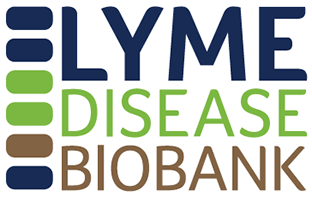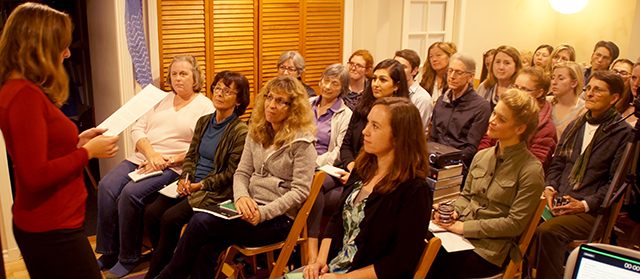 Sunday, August 26th is NATIONAL DOG DAY and in honor of our furry four-legged friends, we wanted to share some tips and tactics for keeping you and your pet safe.
Sunday, August 26th is NATIONAL DOG DAY and in honor of our furry four-legged friends, we wanted to share some tips and tactics for keeping you and your pet safe.
Lyme disease is on the rise — the geographic range and prevalence of Lyme-carrying ticks have expanded significantly in recent years, potentially due to climate change as well as many other factors. Here on the West Coast, temperate conditions mean that Lyme disease is almost a year-round (versus seasonal) threat.
Black-legged ticks prefer shaded, moist ground and leaf litter, but they can also be found clinging to tall grasses, brush, and shrubs. Ticks also inhabit gardens and lawns, particularly at the edge of wooded areas, around stone walls, and anywhere deer and white-footed mice (their most common animal hosts) might travel.
It is almost impossible to completely prevent an outdoor pet (or a human) from any tick encounters, there is simply too much exposure to natural tick habitats just outside our back doors. That being said, there are many simple things you can do to help reduce the risk of Lyme disease for you and your pet. Here we share some tips and some answers to the most commonly asked questions.

 This week, we have a guest post from Daniel Lynch. Daniel Lynch is the founder of
This week, we have a guest post from Daniel Lynch. Daniel Lynch is the founder of  The national
The national  Liz Horn, PhD, MBI,
Liz Horn, PhD, MBI, Lyme disease, particularly with chronic or late-stage symptoms, can be a horribly frustrating and debilitating illness.
Lyme disease, particularly with chronic or late-stage symptoms, can be a horribly frustrating and debilitating illness. 